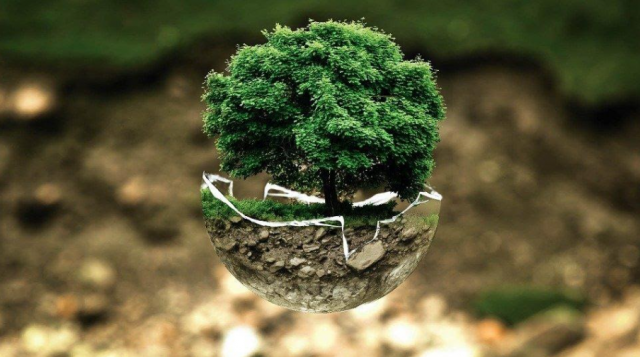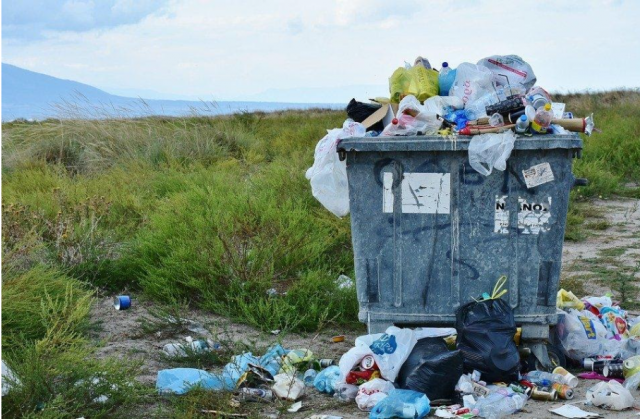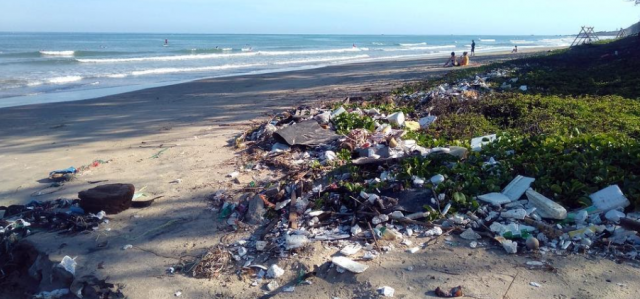Waste is one of the most significant problems facing humanity. The daily accumulation of garbage leads to irreparable damage to human health and nature in general.
That is why the call for protection of the environment has been ubiquitous in recent years, because dealing with waste requires universal efforts and perhaps a change in lifestyle.

Nature of recycling
Due to the need for ecological balance , the management of waste and in particular their recycling / waste processing / becomes extremely important. The process has its significance on the one hand for the environment and on the other for the world economy. Recycling is processing of waste in order to turn it into raw material for new productions.
In this way, the processing and re-use of already used objects and substances leads to a reduction in their quantity and to the conservation of depletable natural resources.
The less rubbish we spend in our daily lives, the more we help preserve nature . However, the modern rhythm of life presupposes the use of a large number of objects, packaging, chemicals, many of which are non-degradable.
The salvation lies in recycling, which in particular can start from any home with the distribution of waste as biodegradable, in need of processing, storage or disposal.
Separation of discarded products from home is best done according to household waste collection containers. It is easiest to separate household waste into plastic products, cardboard, metal, paper, glass, batteries and hazardous waste as detergents. , chemicals, etc.
Significance for the environment from waste processing
The benefits of the distribution of all waste that is disposed of by households, industrial production or various human activities are enormous.
On the one hand, this helps to make wise use of the planet’s exhaustible resources, on the other – overflowing landfills are everywhere and the resolution and limitation of this vicious practice cannot be delayed.
Last but not least, climate change is directly caused by harmful emissions, total pollution and the consequences on the ecological balance, which obviously endangers the healthy way of life on Earth.
Reasons to recycle
Environmental experts point to two main ways to tackle the big problem, which has become the ubiquitous accumulation of huge amounts of waste. On the one hand, options for their destruction, processing or re-use are being sought.
On the other hand, there is an increasing appeal to reduce the rate and amount of waste disposal.
The distribution of waste helps to go for recycling or be properly stored without turning into huge dumps. For example, there are already floating plastic islands in the oceans. Indiscriminate disposal of such waste not only pollutes nature, but also endangers the life of animal species
Energy and raw materials are saved. There are already industries that use waste to invest in new household products and appliances. Thus there are benefits to the economy.
Flora and fauna are protected If garbage is stored and utilized according to rules, it will not get into the soil, water and air, and from there endanger the health of people and animals and limit the overall quality of life.
In the separation of biodegradable waste, it can become an improver for the soil and therefore for the plants. Composting has its importance for the recycling of organic waste and thus also protects the environment.
The biggest benefit is for the planet’s climate, as we are already witnessing global change. Only limiting pollution and harmful emissions can have a positive effect.

Types of waste
Garbage can be grouped by different indicators – composition, source, properties, possibility for processing, etc. Depending on the risks they pose to the population and the environment, waste is divided into hazardous and non-hazardous.
Their distribution according to their origin is also applicable. Public sectors generate all kinds of garbage, which makes it a widespread division that reduces waste to – household, construction, industrial and radioactive.
Attention to hazardous waste
Much of the waste generated by mankind on a daily basis is hazardous because it poses a risk to the environment. These are objects or substances that are poisonous or have other harmful characteristics. Their management requires special measures, which are set out in national and international documents. Their source is the diverse social and industrial sectors.
Hazardous waste is divided into household, industrial, construction and radioactive waste. Disposal is a complex process associated with the availability of specially equipped transport and warehouses; innovative methods of storage and processing; qualify for the activity staff.
Hazardous waste can be stored in specialized regional landfills and companies, as well as disposed of. Modern technology allows a percentage of hazardous waste to be recycled and recycled for investment in new products.
Waste management
The processes involved is the management of waste, aim to reduce its amount by maximizing its utilization through recycling or reuse.
Another option is to destroy it completely and not allow it to negatively affect ecosystems. Individual households, production facilities and daily human activities are stimulated to generate less waste.

The greater the need for proper disposal of unnecessary items and substances, the greater the need for companies to professionally organize this long and complex process.
There are new and long-operating companies that have the necessary permits and meet the standards to carry out their activities. They can classify and characterize the type of various objects and substances.
Professional staff can engage in many types of activities, according to the specific needs of the business partner. The experts assist in the preparation of documentation related to permits, registration or reporting of production or implementation of an eco-project.
Another area of assistance is the implementation of specialized transport of waste, including hazardous waste. In most cases, specialists have practical experience in the field of ecology and can provide a wide range of services. Companies that deal with environmental issues can be a useful partner in the implementation of various activities and projects.
